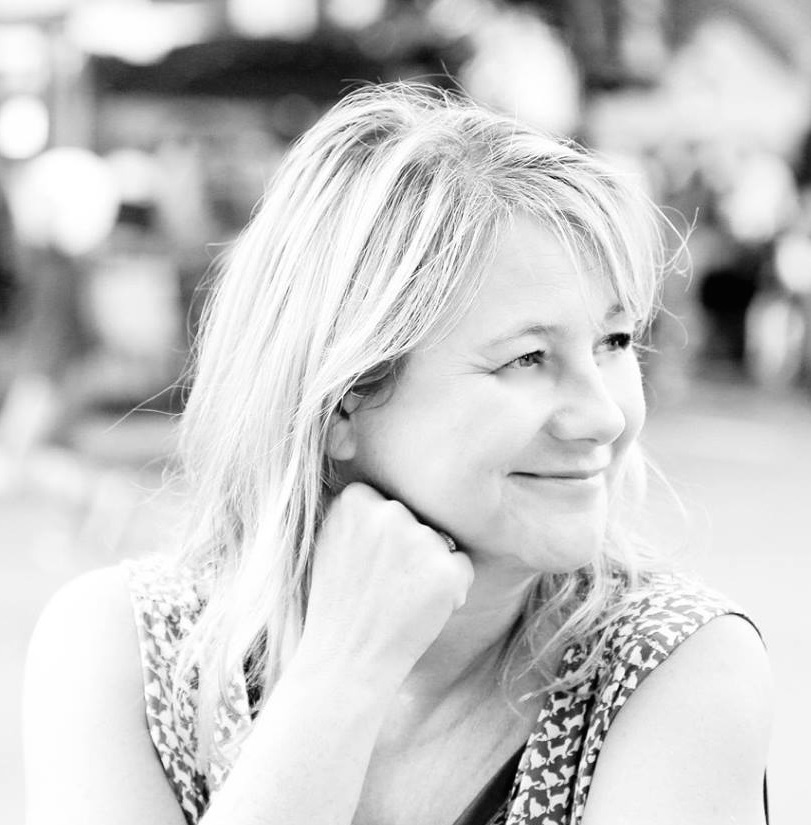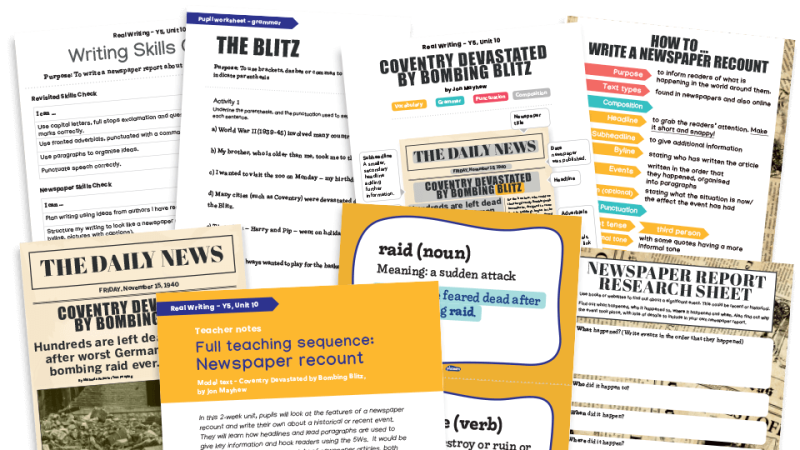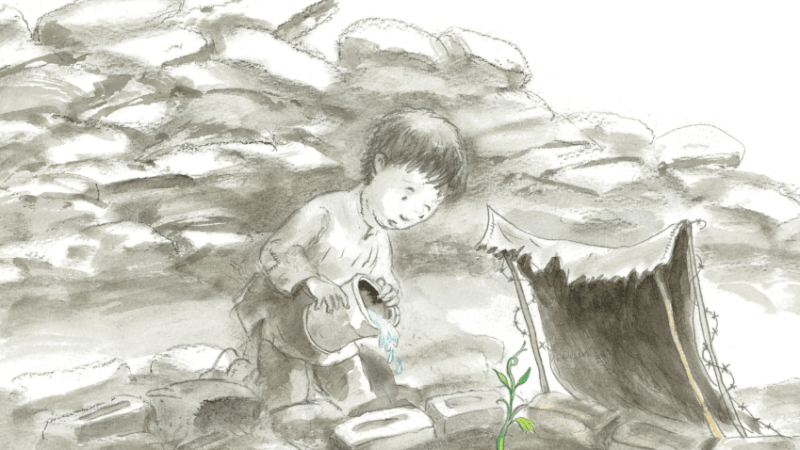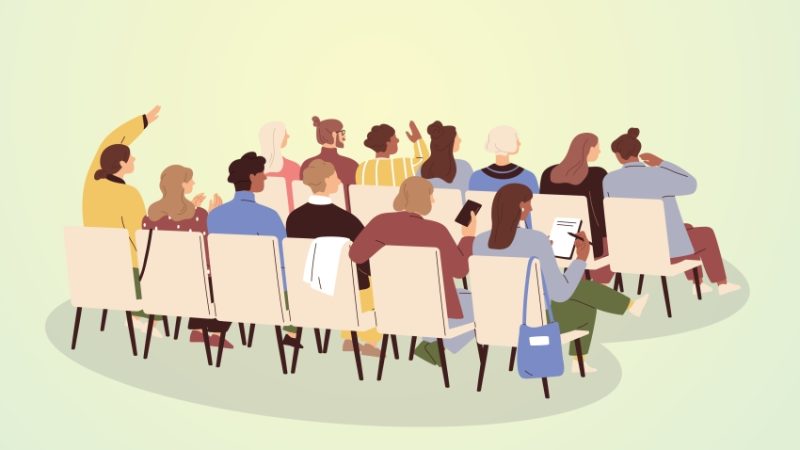All Children Should Be Treated As Pioneers Of The Future, Not Just The Privileged Few

Rather than just teach them what's already discovered, why wouldn’t we encourage students to believe they will be the ones who very possibly disprove what we believe to be true?

- by Debra Kidd

In his 1970s television series, Jacob Bronowski said, ‘Knowledge is an unending journey at the edge of uncertainty’.
Coming across this statement again recently, I thought about the different ways the word ‘knowledge’ is used in education talk. It is rarely connected to uncertainty and doubt, yet of course, all knowledge comes from engaging with and mastering the unknown. All of it stems from questions.
It seems to me that we create a very limiting view of the future for children if we insist that all they need in life is to know what others have already discovered. So much is yet to be known; to be found out – why wouldn’t we encourage children to believe that they will be the pioneers of the future who very possibly will disprove much of that which we currently believe to be true?
And what kind of education can we give children in order to help them to become the knowledge creators of the future?
I’m currently sitting in a hotel bedroom in Hong Kong, reflecting on four days of learning with 135 children from Hong Kong, Shanghai and Cambodia.
The title of our unit of learning was ‘Dragons and Tigers’. In Chinese culture, the dragon represents wisdom and tradition and there is a belief that honouring the dragon brings good fortune.
This belief is so embedded in the history of Hong Kong that many of the buildings are built with holes in the middle of them to allow the dragons to fly freely from the mountains to the sea.
The magnificent harbour front was built in the shape of a dragon, a mark of respect that many people believe has been responsible for Hong Kong’s huge success as a major world city.
On the other hand, the tiger represents persistence, ambition, hard work and success at all costs. It can also represent relentless advancement without wisdom. What, we asked the children, might the conflicts between dragon and tiger be?
The children discuss what they think these symbols mean. Where is the dragon in our lives, and where is the tiger? They speak of power and greed; of tradition and respect. “Myths and legends are ways of representing our reality,” one child muses. “We need the wisdom of the dragon to keep our ambition in check,” says another.
They consider human emotions like greed and hope, and look at inequality. We visit temples and shopping malls, contrasting the ways that values are represented in our buildings, signs and symbols. We create theatre and write a song about the way the reclamation of the land around the harbour has destroyed its original dragon shape:
Moving out, pushing high The city creeps and the dragons sigh…
The children consider when enough growth is enough. They argue for balance, for restraint, for consideration of the needs of the planet and its people. They think and they create. Of course they are acquiring knowledge – they are researching local history and geography. They are looking at religious and cultural beliefs and traditions. They are thinking about economic realities and inequalities. They are also learning skills within the arts – lifts and balances with their bodies, harmonies and rhythms with their voices, how to use space and symbol to create meaning for an audience.
Knowledge, skills, application, inquiry, conceptual thinking, creation, discipline, deadlines, outcomes, recognition, reflection, self-regulation, practice… we know the value of these things. These children are living them. “I can feel my brain growing,” says one.
This is the acquisition of knowledge, but it’s also the weighing of the unknown, the uncertain, the mythical, the future, the motivations of others, the things we cannot know… And in playing with difficulty and dilemma, children grow to understand that there are multiple points of view in any situation.
They learn to shift perspective, to consider the value of tradition as well as its limitations. This, to me, is learning. We need to think how we can make this kind of learning an embedded experience in our schools that is an entitlement for all children, not just the privileged few.
Debra Kidd has worked in education for 20 years, teaching children from the ages of four right through to post-graduate students. She has delivered CPD nationally and internationally.











